
Absorbent clays have been used as cat litter since 1947. The absorbency of the clay granules makes them ideal for absorbing liquid waste and controlling odors. In addition, the clays act as a desiccant, drying out cat feces for easy disposal. The use of bentonite in cat litter became popular in the 1980s. Bentonite absorbs liquid waste by forming clumps, which can be easily removed, leaving the remaining litter for further use. While there have been a number of alternative litter products introduced to the marketplace over the years, none have proven to be as efficient or cost effective as clay-based litters.
Oil & Grease Absorbents
Products for industrial and automotive applications are cost effective for floor maintenance and provide a non-slip and nonflammable surface. The granules are easy to apply and dispose of. When used to clean up liquid fluids from hard surfaces, the minerals acts like a sponge, absorbing the fluid into its tiny pores and holding the fluid inside.
Due to its porous structure, the mineral is able to absorb and hold the fluid it has absorbed. Once the absorption has occurred the clay can be swept up leaving a non-slip and fluid free surface. This eliminates an all too common hazard leaving the workplace cleaner and safer.
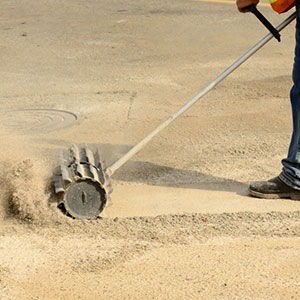
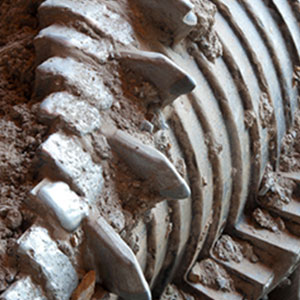
Drilling Fluids
Attapulgite and bentonite are used in the drilling of oil and water wells. When exposed to water, these clays swell considerably, making them ideal for protecting subterranean formations from invasion by the other drilling fluids making up the mud by providing a thixotropic effect. However, it is mainly used as circulation mud in rotary drilling systems. The chief purpose as a drilling mud is to lubricate and to cool the cutting bits, to carry away cut rock fragments, and to act as a seal against the escape of gas from the bore hole. Another related function of such clay-based fluids is to prevent the hole from blowing out and to condition the wall of the drill hole to prevent caving-in.
Foundry Sand Binder
Bentonite is used as a binding agent in making molding sands for use in iron, steel and non-ferrous casting. The unique properties of bentonite yield green sand molds with good flowability, compactability and thermal stability for the production of high quality castings. It is also used in the production of copper base and aluminum castings when extra performance is needed. Bentonite imparts excellent dried and fired strengths to molding sand where high temperature pouring occurs. Its unique capability to hold water prevents mold surface erosion by molten metal. Bentonite also provides excellent strength and toughness to molding sand mixtures, enabling good draw of the pattern.
The use of bentonite enables foundries to reduce their waste from metal casting defects and improve their recycling efficiency for mold sand systems.
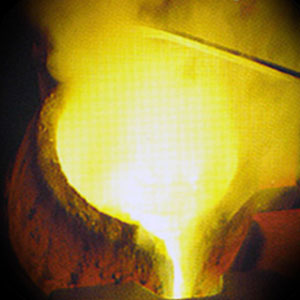

Animal Feeds
Absorbent clays are used as flow control agents for animal feeds such as soy meal and as a supplement in animal feeds. Small amounts of bentonite can be added to feed products to insure tougher, more durable pellets. By absorbing excess moisture and oils, bentonite aids in the free movement of pellets, preventing lumping and caking.
Research has been conducted which indicates that bentonite has additional benefits for both animals and poultry. The bentonite used in the feed slows the digestive system and enables the animal or fowl to better utilize the feed nutrients. Other studies have shown bentonite as a useful ingredient in the control of certain toxins which affect animals and fowl.
Pharmaceuticals & Cosmetics
Absorbent clays have long been used in the pharmaceutical and cosmetics industries. Bentonite is widely used as a binder in pharmaceutical tablet manufacturing and in diarrhea medications. It is also used as an antidote to heavy metal poisoning. Clays are used as thickeners in a wide variety of consumer products and cosmetics including mud packs, baby and face powders, facial creams, lipsticks, shampoos and calamine lotion. Clays are especially popular for face masks. A mud pack made of clay is applied to the face. As the clay dries it absorbs oil and impurities from the skin leaving the pores clean and healthy.


Edible Oils & Food
When used in edible oil refining, clay minerals act as a filter for impurities and color bodies. The clay is considered an adsorbent, which clings to the impurities in unfiltered oil. The clay adsorbs by forming chemical bonds with the oil to filter the unwanted impurities. This process results in a clear and pure oil product.
Clays are used as clarification agents in the productions of drinks such as beer, wine, mineral water, and honey. Bentonite is used in the production of foods such as candy bars and yogurt.
Soil Amendments
Soil amendments are mixed with soil to improve its physical properties. The ceramic soil amendments manufactured by SMI member companies are blended into any soil to provide the ideal balance of oxygen and water-holding pore space—storing water, oxygen and nutrients for healthy, beautiful plants. Soil conditioners can loosen and aerate heavy clay soil and improve water retention in sandy soil. Ceramic soil amendments may be used on anything that grows; from vegetable and flower beds to water gardens and ponds; from containers and hanging baskets to bulbs, shrubs, trees, and lawns.
These soil conditioners are used throughout the world and can be found at places like Disney World, the Space Station, on the grounds of the Washington Monument and in thousands of home gardens.
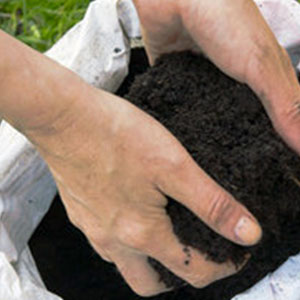

Environmental Sealants
Bentonite is widely used as sealant for ponds or decorative water features. Sodium bentonite has the characteristic of swelling many times its dry size when it becomes wet. When bentonite is applied in a layer of porous soil or mixed with a porous soil, and moistened with water, it forms an impermeable layer. It is environmentally friendly and safe to use.
Wastewater Treatment
Water that has been contaminated during industrial or commercial activities must be treated in some way before it can be recycled or released back into the environment. This process can be quite challenging given the wide range of contaminants that must be removed. Bentonite is used for treatment of industrial wastewater from plating, coating, painting, laundry and printing operations. The clay-based technology iseasy to use for the removal of emulsified oil, heavy metals, and suspended solids from wastewater.
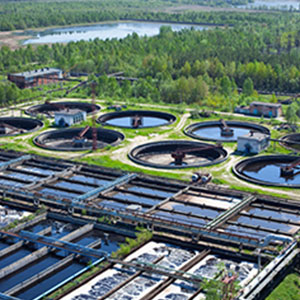

Agriculture
Agricultural applications for clay minerals, most commonly attapulgite and montmorillonite, include carriers and drying agents. Carriers are used as a delivery system for crop protection chemicals, including herbicides, fungicides, insecticides and nematicides. The carriers reduce dust and facilitate accuracy of the application. Large chemical companies use clay carriers, which have absorptive characteristics, to absorb and hold the chemicals that will later be released to the crop.
As a drying agent, carriers are mixed into fertilizers and pesticides to eliminate moisture, which unclogs equipment extruders and improves handling and flow characteristics.
Construction & Civil Engineering
Bentonite in civil engineering applications is traditionally used as a thixotropic, support and lubricant agent in diaphragm walls and foundations, in tunneling, in horizontal directional drilling (HDD) and pipe jacking.

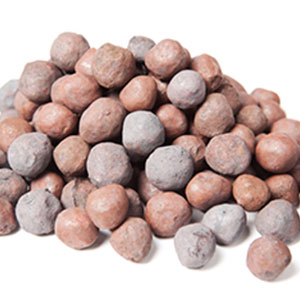
Pelletizing
Bentonite is used to bind tiny particles of iron ore, which are then formed into pellets for use as feed material for blast furnaces.
Sports
SMI member companies manufacture a range of ceramic conditioners that contribute to the safety and playability of athletic fields. The materials, known as soil conditioners or soil amendments, are used to manage moisture on skinned infields for baseball and softball. They are also incorporated into natural grass sports turf to prevent wet muddy conditions, and to provide oxygen and adequate moisture in the root zone for healthy plant growth. Additionally, these amendments have been effectively incorporated into root zones on golf courses around the world to provide better growing conditions, increase nutrient uptake in the plant, and reduce the need for irrigation, helping to conserve water.


Paints
Finely ground clays are used in the paint industry to disperse pigment evenly throughout the paint. Without clays, it would be extremely difficult to evenly mix the paint base and color pigment. Due to its thixotropic properties, bentonite functions as a thickening and/or suspension agent in varnishes, and in water and solvent paints. It is also used for finishing indigo dying cloth and in dyes (lacquers for paints & wallpapers).
